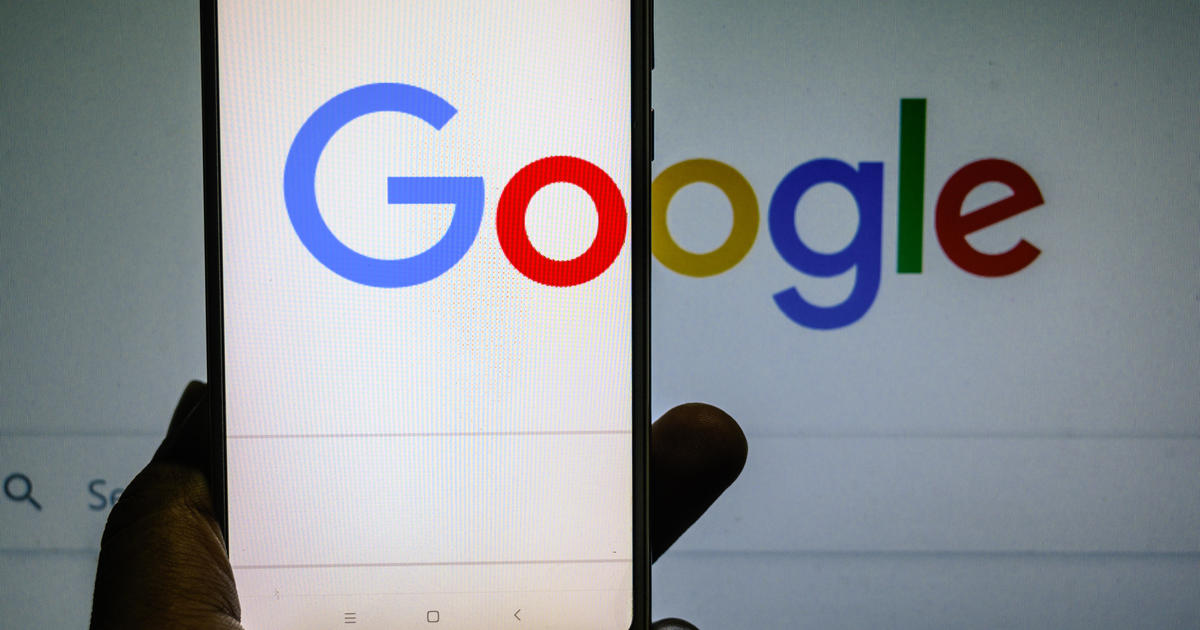Meet Lucy: The Minnesota-Made AI Supercomputer
MINNEAPOLIS (WCCO) -- Artificial intelligence may bring to mind robots or other machines taking over our jobs someday, but some Minnesota companies are proving machines can help workers focus on tasks that matter most.
From marketing to health care, WCCO discovered how artificial intelligence is boosting business in Minnesota.
As a life-long entrepreneur in marketing services and ad tech, Scott Litman has only recently gotten to know Lucy.
"Really, we think she's finding the needle in a haystack," Litman said.
They call her an answer engine, not a search engine
"I'm going to ask, 'Do you have a SWOT analysis for Lowe's?' On page eight of 32, she has a SWOT analysis for Lowe's from a PowerPoint that is in our company's Dropbox," Litman said.
Lucy helps Litman find both what he was looking for, but also what he was hoping to find -- but didn't even know existed.
"What she strives for is to give people the best answer. Get it down to the frame of a video or get it down to the page of a PDF or page of a PowerPoint or section of an article," he said.
Litman is the co-founder of Equals 3, a Minneapolis-based company behind her partnered early-on with IBM's Supercomputer Watson.
"We found Lucinda Watson was the granddaughter of IBM's founder, and that inspired us to name Lucy after Lucinda," Litman said.
Lucy set out to solve a problem businesses struggle with: How to manage and access data that can date back decades.
"That universe of data is really hard to find when you need it," Litman said.
AI held the answer.
"Advanced pattern matching can be used in really innovative and creative ways to do the work that could take days or weeks and turn it into minutes," Litman said.
It's the same concept Google, Facebook and ridesharing apps all use. AI is all around us and touching us in ways we may not even realize thanks to Minnesota technology -- even at the doctor's office.
Steve Griffiths, senior vice president and chief operating officer of Optum Enterprise Analytics, thinks the health care industry is only beginning to realize the role AI can play.
"It basically speeds up the process to help people get what they need faster," Griffiths said.
At the company's Eden Prairie command center, machines monitor their operations. Optum believes they can't manage the company if they can't measure it, from filling prescriptions to claims processing, Optum aims to make the system more user-friendly and people healthier in the process.
"From a clinical perspective, one of the fascinating things that these AI methods enable us to do it to detect chronic conditions and many different conditions earlier than historically we might have been able to," Griffiths said.
Whereas doctors would focus on a patient's condition after a diagnosis, computer calculations can find problems sooner.
"Some of these new predictive models we can build help us see six months before, 12 months before or even further out that something is coming," he said.
Optum has a team of 2,300 dedicated to analytics. Data scientists are freeing up more of a doctor's day to make patients feel better.
"They can spend less time on administrative tasks and spend more time administering care, which is really what they're there for," Griffiths said.



